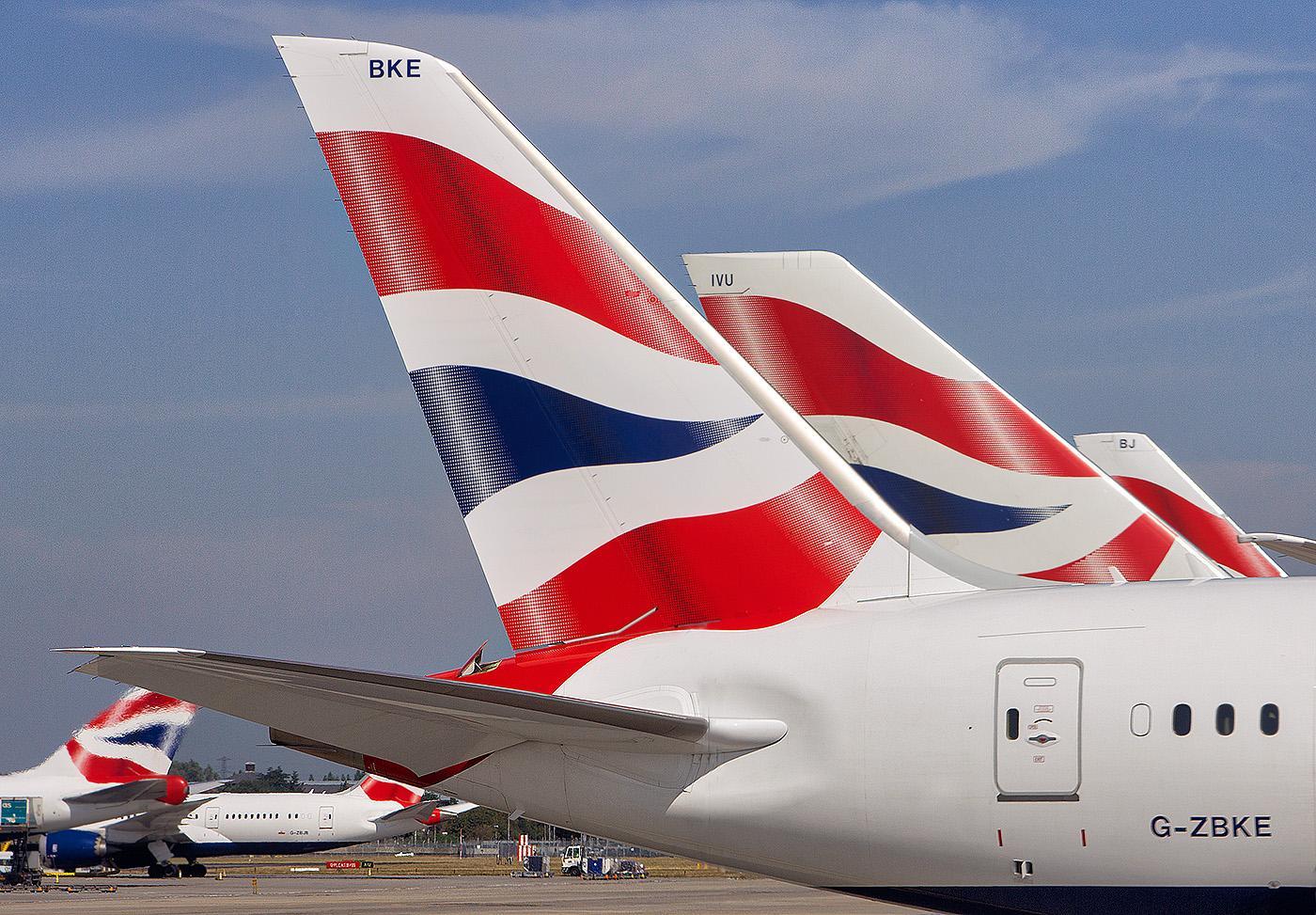
LONDON—British Airways (BA) has formally notified its trade unions of plans for a major restructuring and redundancy program as a result of the COVID-19 pandemic, with up to 12,000 people leaving the airline.
The airline’s situation was revealed as part of preliminary results for the first quarter (Q1) of 2020 issued by BA’s parent company, International Airlines Group (IAG), to the London and Madrid stock exchanges shortly after close of business, April 28.
The British Airline Pilots Association (BALPA) said it was “devastated” at the scale of the proposed job losses.
“This has come as a bolt out of the blue from an airline that said it was wealthy enough to weather the COVID storm and declined any Government support,” BALPA general secretary Brian Strutton said. “BALPA does not accept that a case has been made for these job losses and we will be fighting to save every single one.”
IAG added that it was continuing to assess further cost reduction and cash flow initiatives across the entire Group.
“In light of the impact of COVID-19 on current operations and the expectation that the recovery of passenger demand to 2019 levels will take several years, British Airways is formally notifying its trade unions about a proposed restructuring and redundancy program,” IAG said. “The proposals remain subject to consultation, but it is likely that they will affect most of British Airways’ employees and may result in the redundancy of up to 12,000 of them. As previously announced, BA has availed itself of the UK’s COVID-19 Job Retention Scheme and furloughed 22,626 employees in April.”
The scheme will see the UK government paying 80% of the salaries of furloughed workers, up to a maximum of £2,500 ($3,110) per month.
IAG’s full Q1 results will be announced May 7, but the April 28 announcement said total revenue for the airline group declined by 13% to €4.6 billion compared to €5.3 billion in the prior year period.
Operating profit before exceptional items was a loss of €535 million compared to a profit of €135 million for the same period in 2019. “In addition, IAG’s pre-tax profit was impacted by an exceptional charge of €1.3 billion resulting from the ineffectiveness of its fuel and foreign currency hedges for the rest of 2020 due to over-hedging.”
IAG said that its operating results for January and February were similar to those of 2019, despite the suspension of flights to China from the end of January due to the growing coronavirus outbreak. All of the reduction in the operating result in the quarter compared to last year came in March, as countries around the world imposed flight restrictions and passenger services collapsed.
The Group said that the biggest reduction in its operating results had come from BA, followed by Iberia and Aer Lingus, while Spain-based LCC Vueling experienced a “modest increase in operating loss.”
Passenger capacity, expressed in ASKs, declined by 10.5% in Q1, while passenger traffic in terms of RPKs declined 15.2% in the quarter. Load factor declined by 4.3 points to 76.4%, compared to the year-ago period.
IAG has reduced its passenger capacity in April and May by 94% compared to last year, only operating flights for essential travel and repatriation. Passenger capacity from June will depend on the timing of the easing of lockdowns and travel restrictions by governments around the world.
As previously announced, IAG is not providing profit guidance for 2020 while the severity and duration of the pandemic remains uncertain. However, the Group said that it expects its operating loss in the second quarter “to be significantly worse than in the first quarter, given the substantial decline in passenger capacity and traffic and despite some relief on employee costs from government job retention and wage support schemes.”
The Group added that total cash and undrawn general and committed aircraft finance facilities amounted to €9.5 billion at the end of March, including €6.95 billion of cash, cash equivalents and interest-bearing deposits.
It added that “recovery to the level of passenger demand in 2019 is expected to take several years, necessitating Group-wide restructuring measures.”





